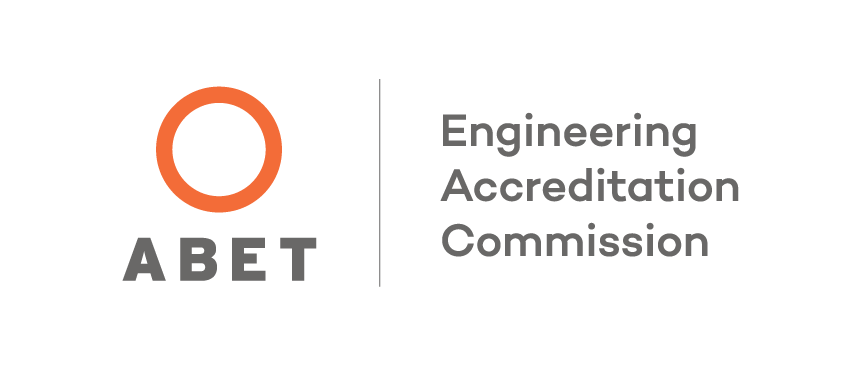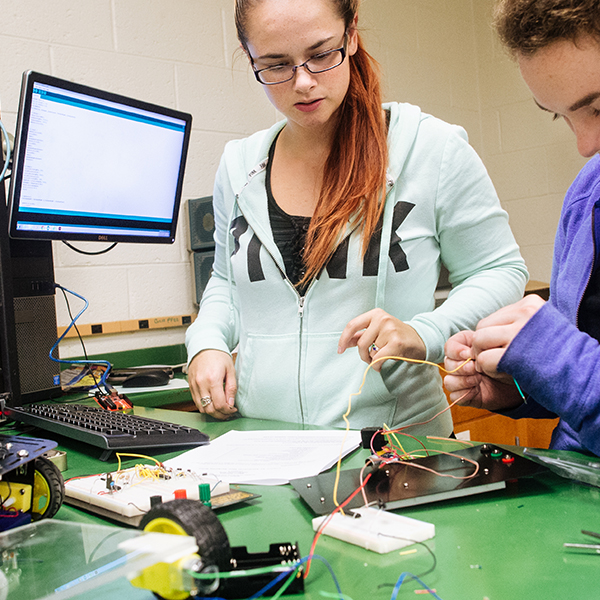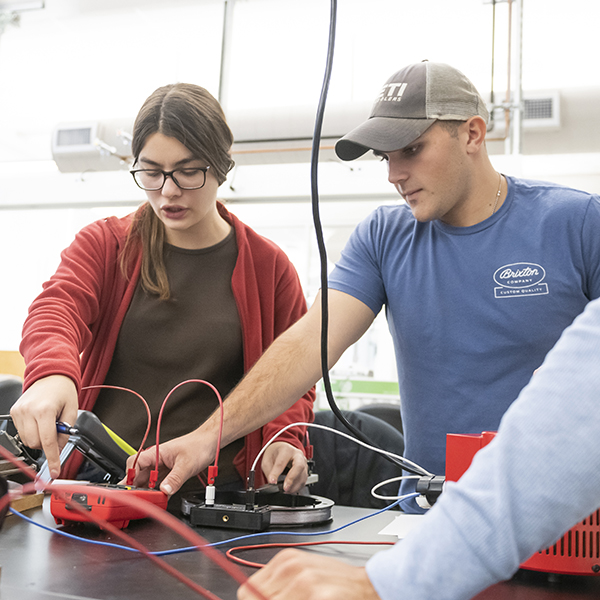As an electrical engineering major at Wilkes, you'll learn to apply both mathematical and physical principles to electronic and computer-based devices and systems; skills that are in high demand in our tech-driven world.
Program Snapshot
| Program Type | Format | Credit Hours |
|---|---|---|
| Major, Minor | On Campus | 130 |
Why Study Electrical Engineering at Wilkes?
It’s an exciting time to study engineering at ÐÓ°ÉÖ±²¥app. Our brand-new engineering center has undergone a dramatic $8 million renovation, transforming it into the most sophisticated and up-to-date facility in the region. The ÐÓ°ÉÖ±²¥appelectrical engineering program is accredited by the Engineering Accreditation Commission of ABET, and includes development, design, testing and operations of electrical and electronic systems as well as components.
At Wilkes, class sizes are small and you’ll get plenty of hands-on laboratory work involving extensive design and research with new technologies. Your professors will become your mentors, and will work side-by-side with you to teach you and help you to achieve your goals.
What Will You Learn as an Electrical Engineering Major?
- Your first three semesters of study, as with all of our engineering disciplines, provide solid mathematical and scientific foundations critical for understanding the world of electrical engineering devices, systems and technologies.
- A flexible curriculum allows you to select from a variety of technical electives in energy conversion devices, microcontroller-based system design, computer organization, modern communication systems and CAD for microfabrication.
- With electives, you can specialize your studies for high-demand fields such as computer design and testing, power generation, communications (audio, broadcast and telecommunications), nanotechnology, robotics, instrumentation, information systems, microcontroller-based system design and design and fabrication of microelectronic devices and circuits.



